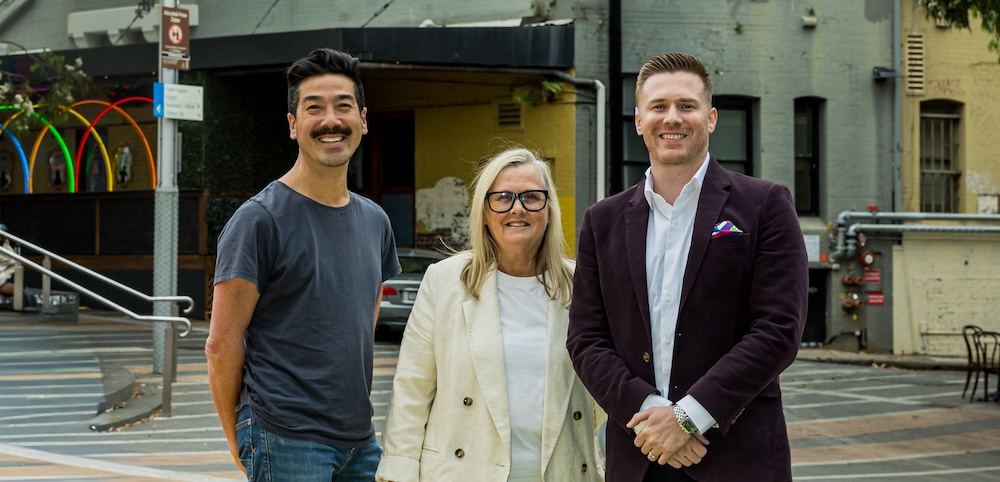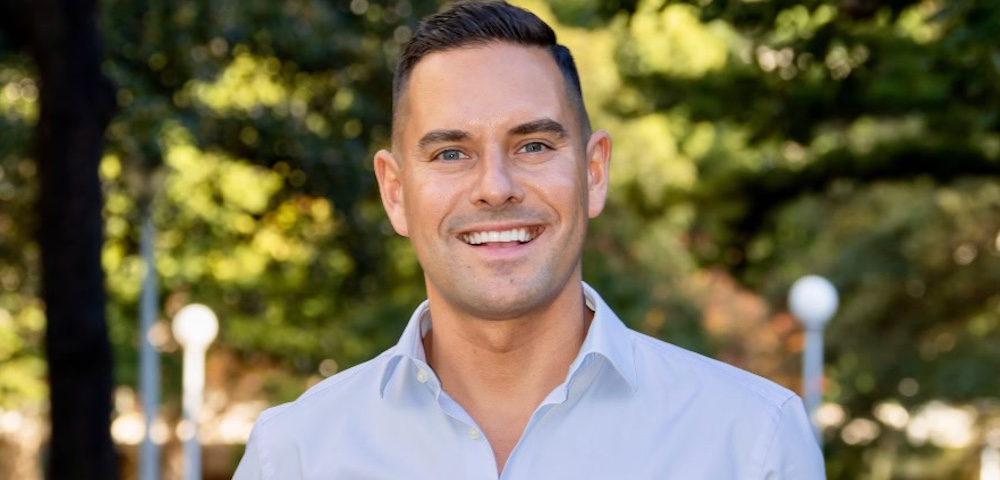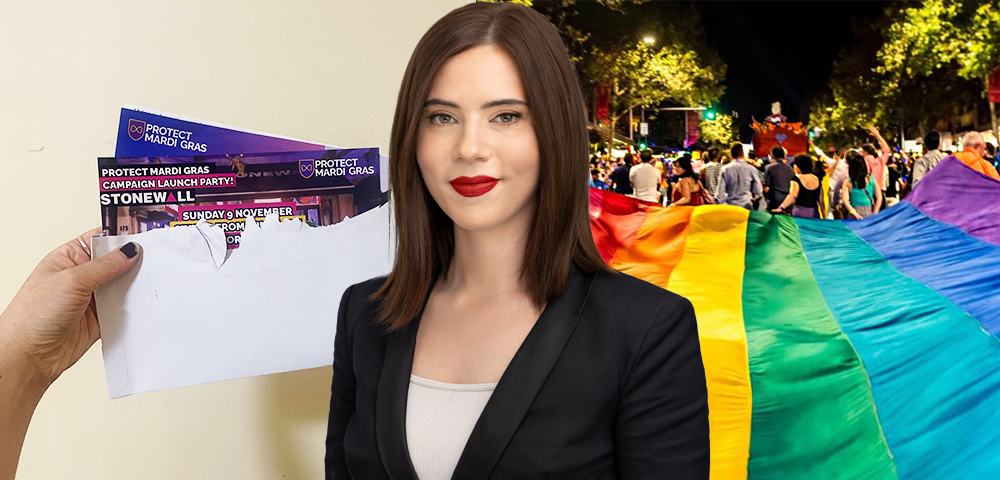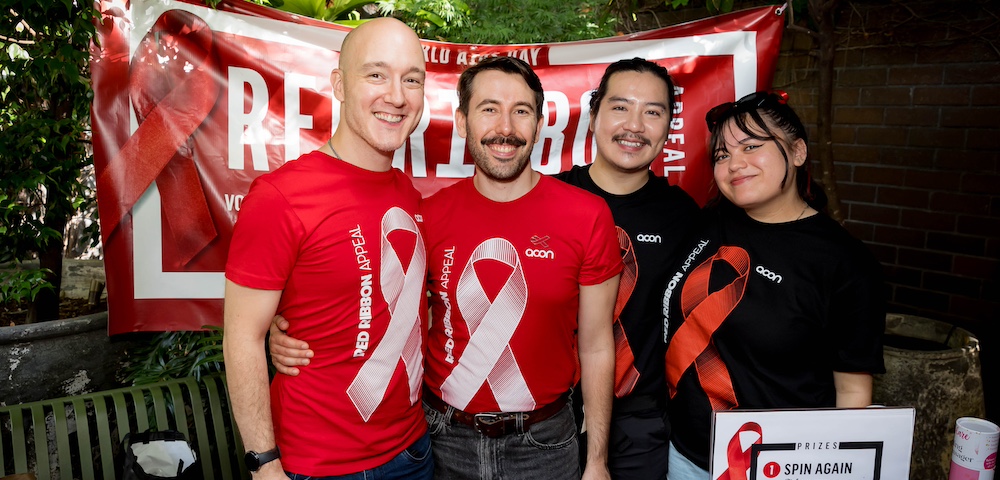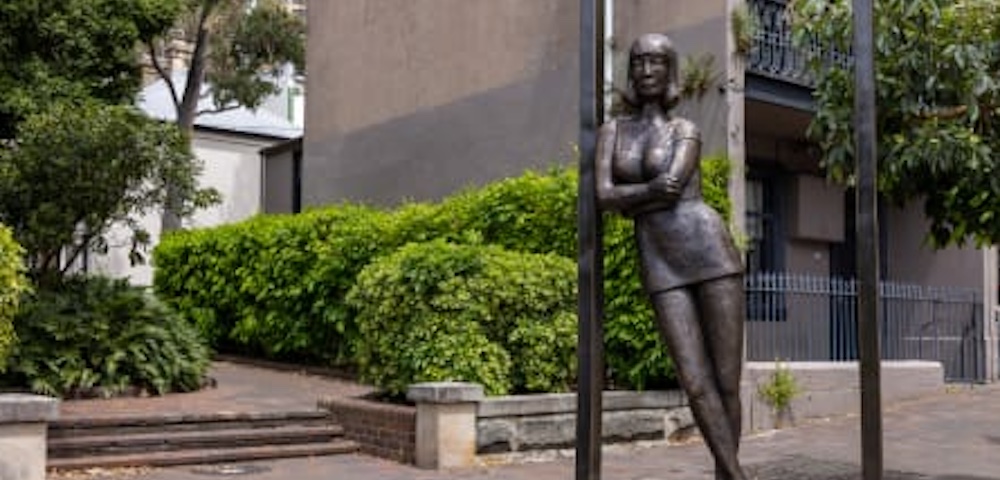
Love, babies and videotape
The hidden stories of gay and lesbian people both remarkable and everyday are winning over the hearts of a wider audience thanks to the success of queer documentary making in Australia.
Two films about lesbian lives walked away with accolades at the Sydney Film Festival last month, holding their own against a line-up of mainstream films and international directors.
Poppy Stockwell took the audience prize for her video diary of finding love online and halfway across the world in Searching 4 Sandeep.
And Miranda Wills explored the relationship complexities when child conception and rearing take place entirely outside the heterosexual model in her film 2 Mums and a Dad, picking up the Dendy short film award for best documentary.
“I think it goes to show how compelling our stories are,” Queer Screen manager Lex Lindsay said.
“Given the opportunity, the general public is really happy to hear our stories, our struggle and our successes. Unfortunately on television and movies we see gay characters that are trivialised and don’t give any insight into the plight of the queer individual.”
Marrickville Council has given Queer Screen the opportunity to tell real stories of gay and lesbian lives to the wider inner-west community with a grant to host the 10th QueerDoc documentary film festival at Newtown Dendy in September.
“The GLBT community is an important part of Marrickville,” Penny Sharpe MLC said, “and it’s the right time to have our stories, hopes and fears shared with a wider audience.”
Sharpe hoped that stories like those told by Wills and Stockwell would convince people that gay and lesbian families are just the same as every other family, not perfect but filled with love.
“We know that we’re ordinary people living our lives, but some people think we’re extraordinary,” she said.
Lindsay felt a lack of public awareness about same-sex discrimination made films like 2 Mums and a Dad essential because nothing had greater impact to change public perception than a real story.
But despite the opportunities that having festivals like QueerDoc create; Lindsay said getting a queer film made in Australia was difficult because it was seen as not having a viable commercial return.
“It becomes even more important that our stories continue to be told, and represented on screen. Otherwise we will get forgotten for the little piece of history we are holding at the moment,” he said.




